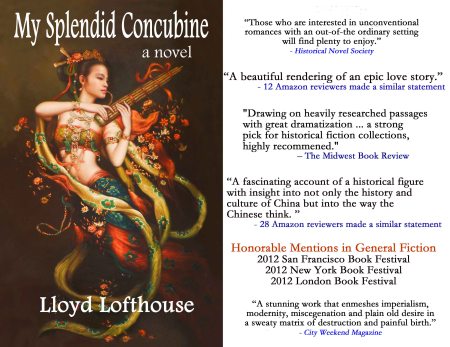It’s been more than four years since Amy Chua’s memoir Battle Hymn of the Tiger Mother launched a vicious tsunami of words that swept across the United States. Critics judged the book largely by asking the following questions: Should self-esteem come before accomplishment, or accomplishment before self-esteem? The logical answer, I think, is that a child’s self-esteem must develop naturally and organically and not through the efforts of helicopter parents pressuring teachers to dumb down the curriculum and inflate grades.
The bad news is that helicopter parenting might be getting worse if Psychology Today.com is right.
About the same time that Chua’s memoir came out, research into parenting styles revealed that “almost 49% of the European-American parents used authoritative parenting (alleged to be the best parenting style), as did about 46% of the Asian-American parents. Both groups revealed about the same number of parents using authoritarian (Tiger Mom-style) parenting (23% for European-Americans, and 26% for Asian-Americans). In other words, the number using authoritative parenting was virtually the same for both groups. – Psychology Today.com
In addition, Pew Research.org reported “Fully 94% of parents say it is important to teach children responsibility, while nearly as many (92%) say the same about hard work. Helpfulness, good manners and independence also are widely viewed as important for children to learn, according to the survey.”
But work by Eva Pomerantz suggests that Chinese mothers think differently. They think “my child is my report card,” and they see the academic success of their children as a chief parenting goal. But the reasons why a particular type of parenting works in one cultural group may not translate to another cultural group, partly because parenting goals are different in different groups.
In early 2011, we went to see Amy Chua in Berkeley when she was on tour for her memoir. The room was packed with several hundred people and there was standing room only due to all the controversial attention the book was getting.
At the times, I thought that Amy Chua looked as if she were expecting an eighteen-wheeler to crash through the wall and flatten her. That is probably because I’d read that she’d received death threats from across the U.S. for revealing in her memoir that she had said NO to activities such as sleepovers, play dates, acting in school plays, and did not allow her daughters to watch endless hours of TV and/or play computer games like so many American parents do.
Imagine getting assassinated, not by your child but by a stranger, because you wouldn’t let your kid have a sleepover.
To many, Chua did the unthinkable and demanded excellence. Time magazine said, “Most surprising of all to Chua’s detractors may be the fact that many (but not all) elements of her approach are supported by research in psychology and cognitive science.”
And as Amy Chua sat in that tall chair on stage above the audience with her feet dangling a foot from the floor, the audience laughed, applauded and treated her as if she were a hero—not someone to condemn or shun.
In the Time magazine piece, Chua said, “I know some Korean, Indian, Jamaican, Irish and Ghanaian parents who qualify too. The tiger-mother approach isn’t an ethnicity but a philosophy: expect the best from your children, and don’t settle for anything less.”
The American Psychological Association defines tiger parents as those who practice positive and negative parenting strategies simultaneously. Tiger parents are engaging in some positive parenting behaviors; however, unlike supportive parents, tiger parents also scored high on negative parenting dimensions. This means that their positive parenting strategies co-exist with negative parenting strategies.
Tiger parents and harsh parents are alike, in that both use negative parenting strategies. Unlike tiger parents, however, harsh parents do not engage in positive parenting strategies. Easygoing parents have a more hands-off approach, and do not engage as much with their children, either positively or negatively.
Another study out of the University of Michigan comparing U.S. and Chinese public school systems discovered parental involvement is a critical component to a child’s educational experience. If a child’s parents value education, then the child is more likely to value school as well. In China, parental involvement is higher than compared to the US, because Chinese parents accept the critical role of helping their students to learn concepts if they are lagging behind in school. Chinese parents also make sure that their children complete their homework. Parents in the U.S. typically play a more passive role in the education of their children. … It was also proven that greater involvement in a child’s education fosters more positive attitudes toward school, can improve homework habits, increase academic success and can reduce dropout rates.
What parenting style did your parents use on you? My parents were mostly hands off and that might explain why I barely made it through high school, but I did much better in college after the Marines applied their harsh methods of discipline.
______________________________
Lloyd Lofthouse is the award-winning author of My Splendid Concubine [3rd edition]. When you love a Chinese woman, you marry her family and culture too. This is the lusty love story Sir Robert Hart did not want the world to discover.
Subscribe to “iLook China”!
Sign up for an E-mail Subscription at the top of this page, or click on the “Following” tab in the WordPress toolbar at the top of the screen.




 Posted by Lloyd Lofthouse
Posted by Lloyd Lofthouse